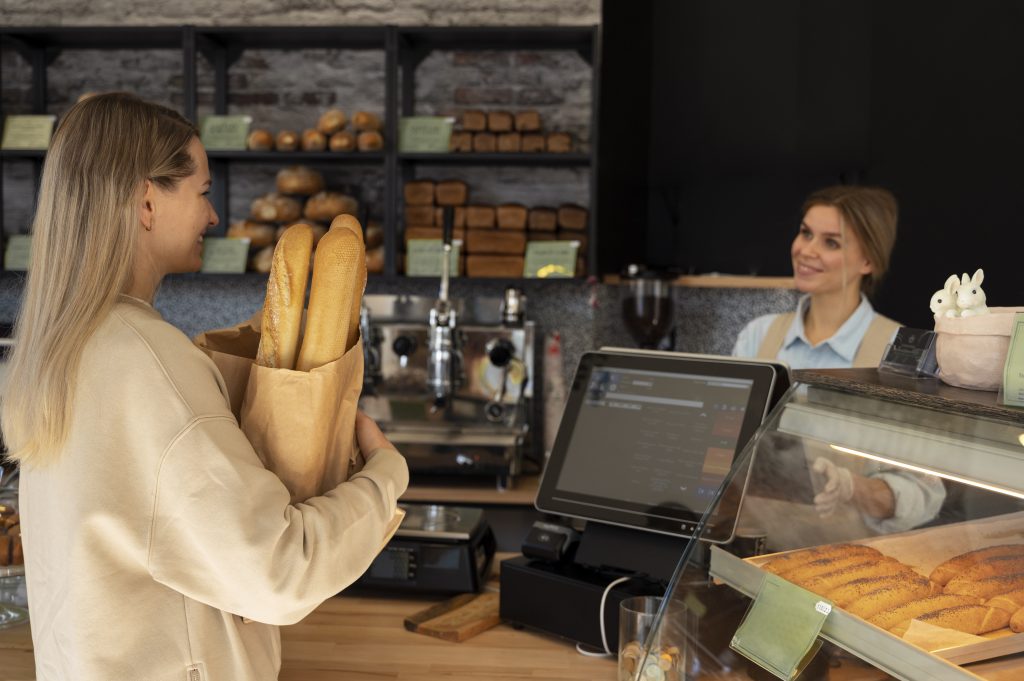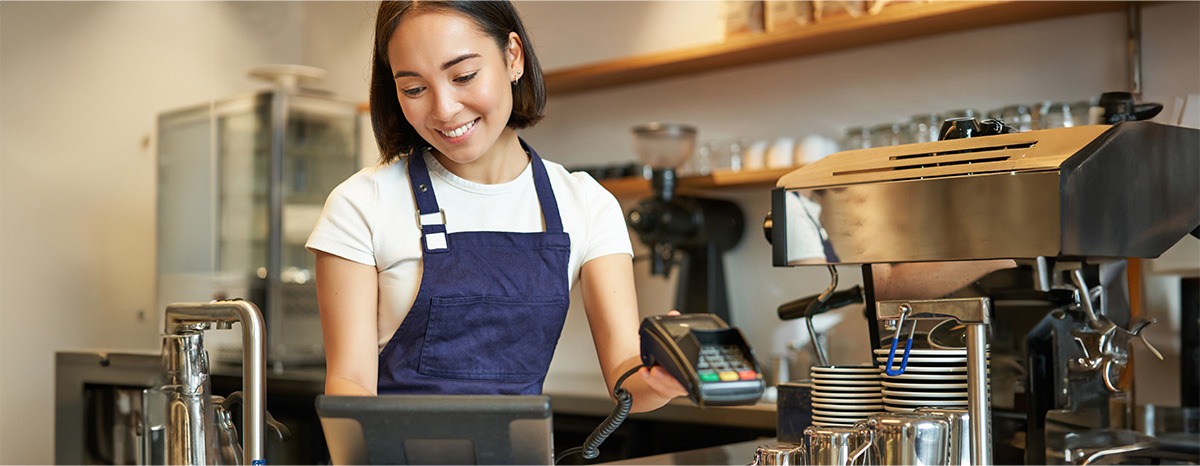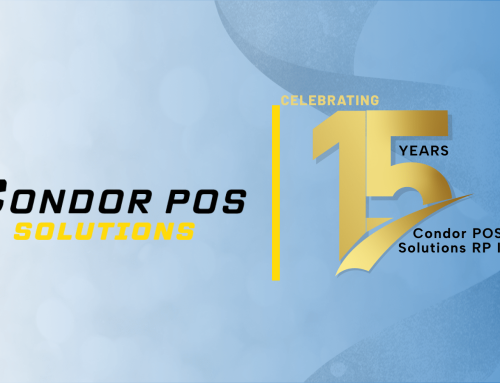Selecting the right Point of Sale (POS) hardware is crucial for the efficiency and success of your business. A well-chosen POS system can streamline operations, enhance customer experience, and provide valuable insights into your sales and inventory. This guide will walk you through the benefits of choosing the right POS hardware and the essential components to consider.
Benefits of Choosing the Right Hardware

1. Improved Efficiency and Speed
- Streamlined Transactions: Modern POS systems process transactions quickly, reducing wait times for customers.
- Ease of Use: User-friendly interfaces mean less training time for employees and fewer errors during transactions.
- Integration with Other Systems: Seamlessly integrate with inventory management, accounting, and customer relationship management (CRM) systems for a unified workflow.
2. Enhanced Customer Experience
- Faster Service: Quick transactions lead to shorter lines and happier customers.
- Flexible Payment Options: Accept various payment methods, including credit/debit cards, mobile payments, and contactless options, catering to customer preferences.
- Personalized Service: Access customer data to offer personalized recommendations and promotions, enhancing customer loyalty.
3. Accurate Inventory Management
- Real-Time Tracking: Keep track of inventory levels in real-time, reducing the risk of stockouts and overstock situations.
- Automated Reordering: Set up automatic reorder triggers for low-stock items, ensuring you never run out of popular products.
- Detailed Reports: Generate detailed inventory reports to identify trends, manage stock levels, and make informed purchasing decisions.
4. Comprehensive Sales Reporting
- Detailed Analytics: Access detailed sales reports to identify top-selling products, peak sales times, and employee performance.
- Data-Driven Decisions: Use sales data to make informed decisions about pricing, promotions, and inventory management.
- Track Growth: Monitor sales trends over time to track business growth and adjust strategies as needed.
5. Security and Compliance
- Secure Transactions: Advanced security features protect customer data and reduce the risk of fraud.
- Compliance with Regulations: Ensure compliance with industry standards and regulations, such as PCI DSS, to avoid penalties and maintain customer trust.
- Data Backup: Regular data backups protect against data loss due to hardware failure or cyber-attacks.
POS Hardware Components

1. POS Terminal
- The central component of your POS system where transactions are processed. It includes a computer or tablet with POS software installed. Key features to look for include a robust processor, ample storage, and a user-friendly interface.
2. Barcode Scanner
- Essential for quickly scanning product barcodes at checkout, speeding up the transaction process, and reducing manual entry errors. Options include handheld, countertop, and mobile scanners.
3. Receipt Printer
- Provides customers with a printed record of their transaction. Choose between thermal printers, which are fast and quiet, and impact printers, which are more durable and suitable for environments like kitchens.
4. Cash Drawer
- Securely stores cash, coins, and receipts. Look for durable construction and multiple compartments for organized storage. Ensure it integrates seamlessly with your POS system for automatic opening during transactions.
5. Card Reader
- Allows you to accept credit and debit card payments, including EMV chip cards and contactless payments like Apple Pay and Google Wallet. Choose a reader that supports the latest security standards and payment methods.
6. Customer Display
- Provides customers with a view of their transaction details, ensuring transparency and accuracy. Options include standalone displays and integrated screens on the POS terminal.
7. POS Stand
- A sturdy stand or mount for your POS terminal or tablet, ensuring it stays secure and at the right height for ease of use. Look for adjustable and swivel options for flexibility.
8. Network Router
- Ensures a stable and secure internet connection for your POS system, which is crucial for processing transactions, updating inventory, and accessing cloud-based features. Choose a router with good range, speed, and security features.
9. Label Printer (Optional)
- Useful for printing product labels, price tags, and barcodes. This is particularly important for businesses that need to manage their inventory effectively.
Conclusion
Choosing the right POS hardware is an investment in the future success of your business. By understanding the benefits and essential components, you can make informed decisions that enhance efficiency, improve customer experience, and provide valuable insights into your operations. Take the time to evaluate your business needs, compare options, and select a POS system that will support your business growth and streamline your operations.
Ready to find the perfect POS hardware for your business? contact Condor POS Solutions offers our own brand, which is CPOS, for point-of-sale hardware. Partner with our seasoned professionals to navigate the perfect POS hardware solution that seamlessly integrates into your business strategy, boosting performance and productivity.






Leave A Comment